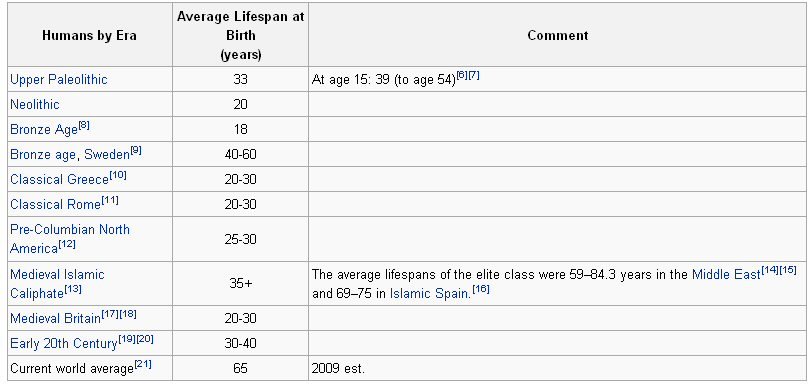detroitbabu
Dryer sheet wannabe
- Joined
- Feb 8, 2009
- Messages
- 15
I have read conflcting reports on impact of Fish oil supplements on blood glucose levels. Some studies say there is no impact. Some say it increases BG levels by ~14%.
Does anybody have any opinions/personal experience? Any drs. opinion will be valuable.
Thanks.
Does anybody have any opinions/personal experience? Any drs. opinion will be valuable.
Thanks.

